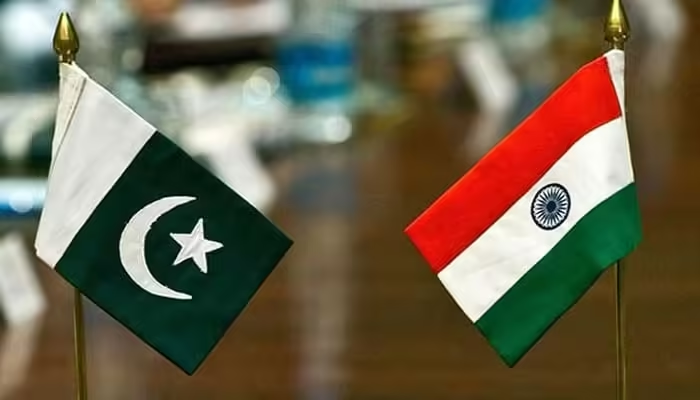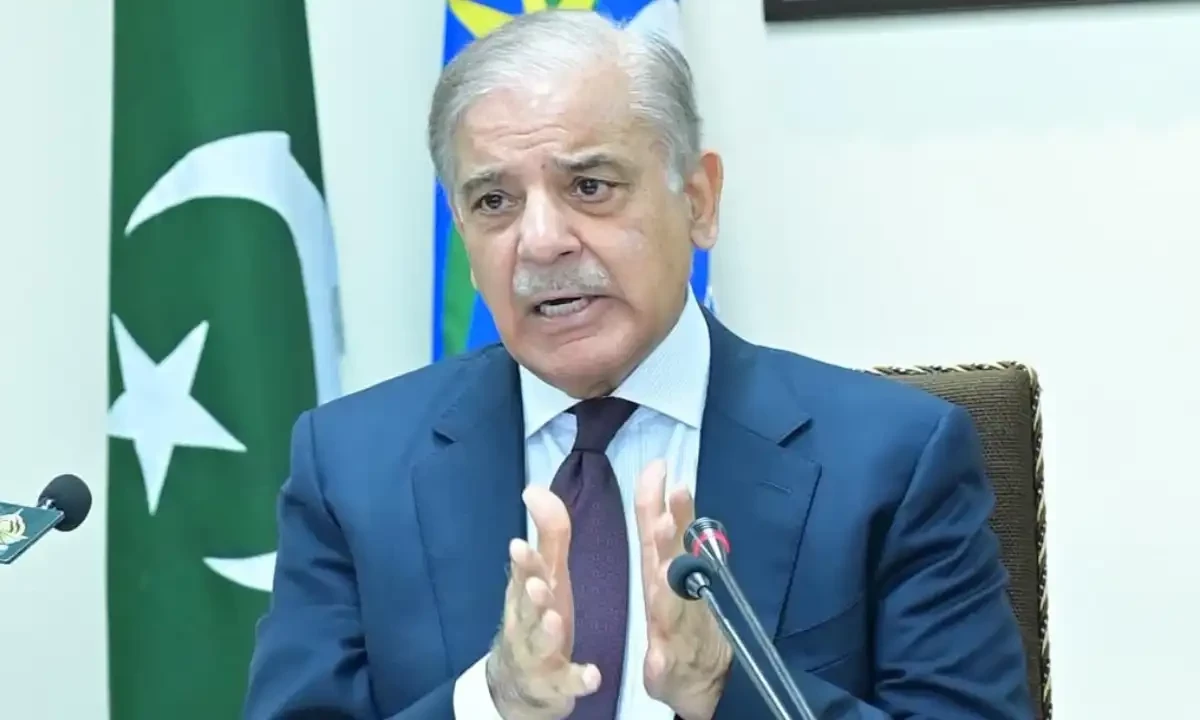Pakistan and India have once again exchanged lists of prisoners held in each other’s custody, continuing a biannual tradition aimed at improving transparency and facilitating the eventual release of detainees.
According to Foreign Office Spokesperson Mumtaz Zahra Baloch, the exchange of these lists was conducted through the respective High Commissions in Islamabad and New Delhi. This practice occurs on January 1 and July 1 every year as part of the bilateral agreement between the two nations.
The latest exchange saw Pakistan providing India with a list of 254 Indian citizens and fishermen currently imprisoned in Pakistani jails. In return, India handed over a list containing 452 Pakistani or alleged Pakistani citizens and fishermen held in Indian prisons.
Additionally, Pakistan submitted to India a list of 38 missing Pakistani defense personnel, who are believed to have been in Indian custody since the wars of 1965 and 1971. This gesture underscores Pakistan’s ongoing concern for the fate of these individuals and its commitment to resolving the issue.
The Foreign Office spokesperson highlighted Pakistan’s demand for the immediate release and repatriation of all Pakistani prisoners who have completed their sentences. Furthermore, Pakistan has requested special consular access to prisoners with physical and mental disabilities, along with urgent confirmation of their nationality from India.
Mumtaz Zahra Baloch emphasized that Pakistan remains dedicated to ensuring the swift return of all its citizens imprisoned in Indian jails. So far this year, the repatriation of four Pakistani prisoners has been successfully completed.
This exchange of prisoner lists is a significant step in the ongoing efforts to address humanitarian issues and foster better relations between Pakistan and India. Both countries have long-standing issues related to prisoners, and these regular exchanges are a crucial part of the diplomatic process to resolve these matters. The focus on prisoners who have completed their sentences and those with health issues reflects a humanitarian approach, aiming to ease the suffering of individuals and their families on both sides of the border.
While the exchange of lists is a routine procedure, it serves as a reminder of the broader need for dialogue and cooperation between the two neighboring countries. The continued emphasis on humanitarian issues, such as the treatment and repatriation of prisoners, highlights the importance of maintaining channels of communication and working towards mutually beneficial solutions.
The biannual exchange of prisoner lists between Pakistan and India represents a vital aspect of their diplomatic engagements. It not only aids in addressing the humanitarian concerns of prisoners and their families but also plays a role in building trust and cooperation between the two nations. As both countries work through these exchanges and related diplomatic efforts, there is hope for improved relations and a resolution to longstanding issues.



